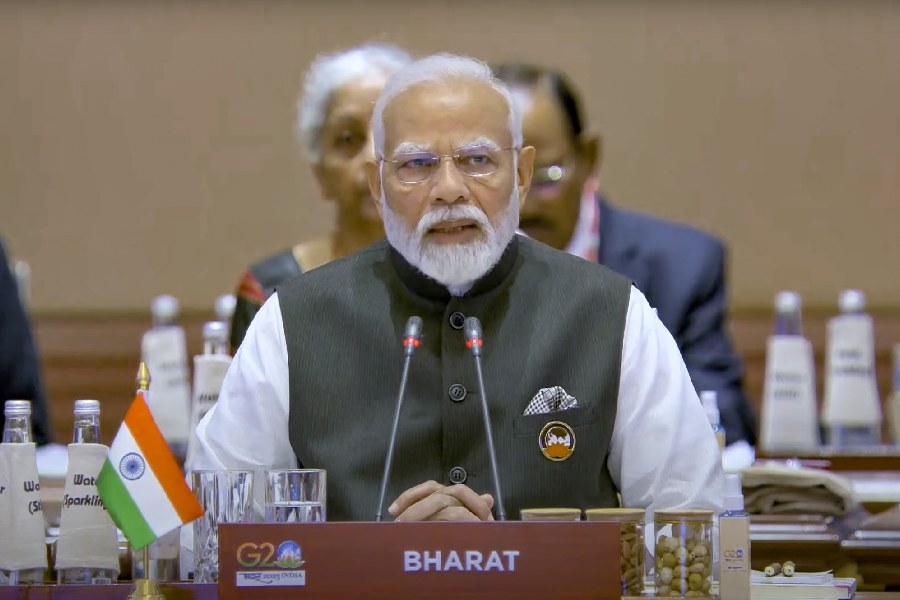Can the Janata Dal (Secular) call itself secular any longer? This could be a taunting question that the JD(S) would face after its leadership decided to enter into an alliance with the Bharatiya Janata Party, which is often criticised for pursuing a divisive agenda. Even though the seat-sharing arrangement is yet to be finalised between the two parties for the Lok Sabha elections, the union is a marriage of convenience. The BJP, which was booted out in the last assembly election, has been in the doldrums in Karnataka ever since. There have been rumblings within the party concerning the delay in the appointment of a leader of the Opposition in the assembly; factionalism has also reared its head. A coalition partner in the state would help the BJP steady its rocky boat as it attempts to reclaim lost ground. The addition of an ally would also bolster the National Democratic Alliance’s claim of being representative. The JD(S)’s need is probably greater. Its kitty in the state polls was dismal and holding the BJP’s hand, in the words of its seniormost leader, had been necessitated to save the regional outfit. If that is true, it must count as a strange survival strategy on the part of the JD(S). This is because the BJP has an unmatched record when it comes to weakening — gobbling up — its allies. The JD(S)’s cousin in Bihar, the Janata Dal (United), and Uddhav Thackeray’s shrunken Shiv Sena bear evidence of the BJP’s predatory instincts.
The coming together of the JD(S) and the BJP reiterates some time-tested political axioms. For instance, friends and foes are remarkably interchangeable in the choppy waters of politics. Narendra Modi has been on record vilifying the dynastic spots of the JD(S). He has also poked fun at INDIA for being a coalition of strange bedfellows. Yet, the BJP has had no qualms in embracing partners that stand at the opposite pole in terms of ideology. The JD(S) has been as nimble: it was critical of the BJP, especially when it shared power with the Congress in Karnataka, but is now aiming at resurrection in its arms. The real question concerns the electorate. Its attitude towards such ideological slipperiness on the part of all political parties would be decisive for the future of democracy.











